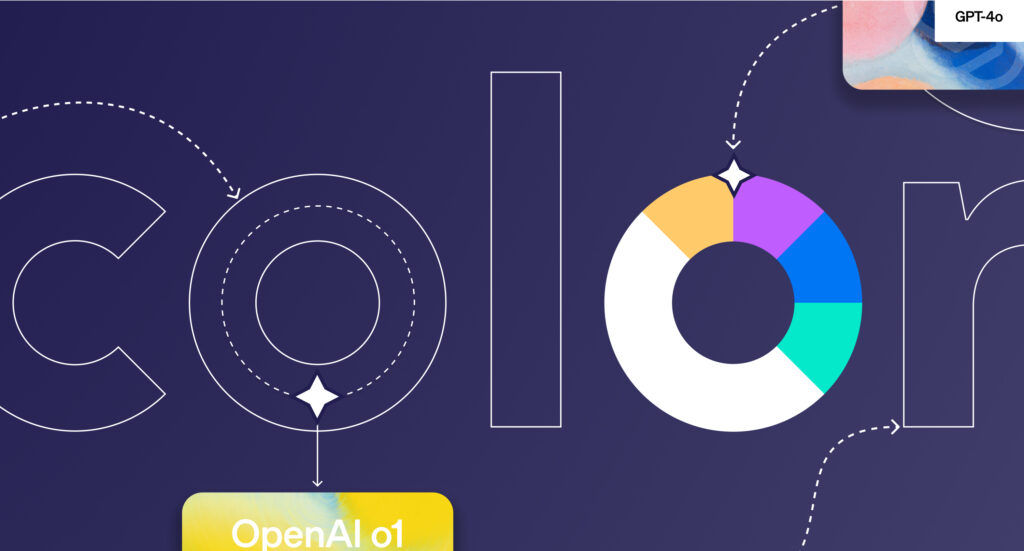News & Articles
AI in Healthcare – The Place Beyond the Scribes
Munir Al - Dajani

When it comes to healthcare, AI has been focused primarily on alleviating a menial, but important task: paperwork. The preeminent technology of our time has been put to work summarizing notes, working up insurance authorizations, and other dregs of the profession typically associated with clinician burnout.
This week Microsoft released its latest, in their words, “paperwork killer”: Dragon Copilot. The app is impressive to be sure, integrating a number of scribe-like tasks, including summarization (in the unsupervised sense), discovery/search, and other features hypothesized to streamline repetitive steps that are expected in clinical workflows.
Easing administrative burdens on clinicians is absolutely necessary, however the scribe approach is a drastic underutilization of how AI can be applied to impact clinical care directly. That’s our focus at Color, and we believe we can indeed have such an impact while greatly reducing time spent on paperwork.
The Cancer Copilot we’ve developed with UCSF and OpenAI looks at summaries (step 1) in a more targeted way, specifically generated to serve a task – in our case, generating workup plans for cancer patients. Our recommendations (step 2) solve the discovery/search problem as it relates to the query: what are the relevant workups a patient needs based on clinical guidelines and why?
This approach required the construction of a novel architecture combining an LLM with a dormant use of AI: Expert Systems. Decades earlier, these systems were built as software applications to mimic the knowledge and decision making of an expert in the field, including all of the guidelines necessary for completing tasks in a given domain. The technology just wasn’t there yet to make these scalable, or high quality.
Enter ChatGPT. Color found that if you take the brilliance of today’s LLMs, and guide them more prescriptively with Expert Systems rooted in clinical knowledge, performance of the AI skyrockets – both in speed and in accuracy.
To wit, Color’s Cancer Copilot enables clinicians, even those unfamiliar with the patient, to rapidly generate accurate, guideline-concordant workup plans. By streamlining a process that typically takes around two hours down to just 11 minutes, it ensures that high-quality, evidence-based clinical decisions are accessible to a much broader set of clinicians, not just specialists, while maintaining over 95% accuracy in its recommendations.
This process incorporates several scribe-like tasks, with more higher level thinking and in a way that directly impacts patient care. If you start with the goal of “how do I get this patient to treatment faster,” and build a model to handle summarization, discovery, queries, etc., by generating the outcome you want to achieve, you can get to a place beyond the scribes – while killing paperwork.
For more on our approach to AI in healthcare, please see our white paper and other blog post.



